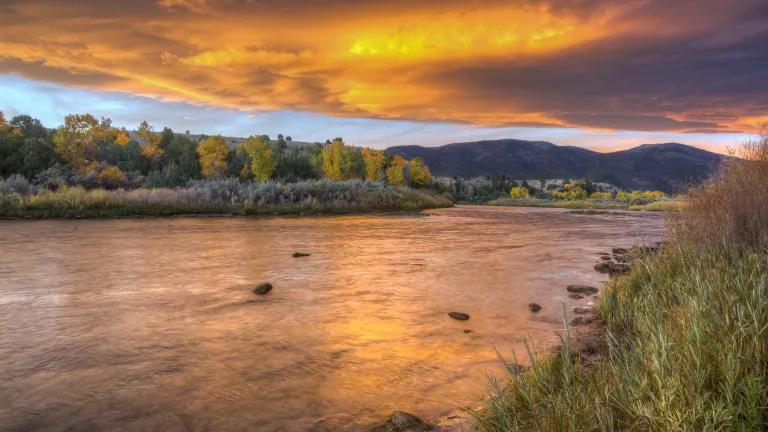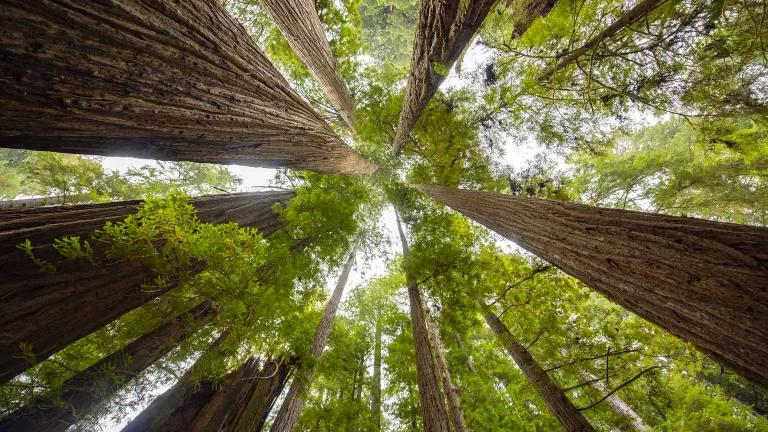Former Secretary of the Interior Bruce Babbitt recognized the grandeur and importance of Bristol Bay in a speech yesterday at the National Press Club, where he eloquently described Bristol Bay as “the passageway for the myriad salmon runs that travel through the rivers system of Alaska” and the “greatest and most productive fishery on the planet.” He then implored President Obama to “use the Antiquities Act to designate the federal waters of Bristol Bay, as a National Monument, permanently off limits to oil and gas.”
Last year current Secretary of the Interior Ken Salazar agreed, describing Bristol Bay as a “national treasure that we must protect for future generations.” In protecting the area from current oil and gas exploration and development, he described Bristol Bay as “too special to drill.”
But Bristol Bay is threatened by more than just oil and gas drilling. The foreboding shadow of Pebble Mine – which would be one of the world’s largest gold, copper and molybdenum mines – looms heavily in the headwaters of Bristol Bay’s incomparable watershed. The environmental footprint of the mine is almost unimaginable: an open pit 2 miles wide and 2,000 feet deep and underground mining 5,000 feet deep. Pebble Mine would produce an estimated 10 billion tons of toxic mining waste, which would then be stored behind giant earthen dams up to 740 feet high (taller than the Three Gorges Dam in China). Forever. In an active earthquake zone. At the headwaters of the most productive wild salmon fishery in the world.
As both former Secretary Babbitt and Secretary Salazar have recognized, Bristol Bay’s real value is its unparalleled salmon runs. Record sockeye salmon runs have exceeded 50 million fish annually. Fish are the backbone of the economy – generating more than $445 million in revenue annually, including commercial and sports fishing, hunting, tourism and subsistence. Wild salmon have sustained native communities that rely on subsistence fishing and hunting for thousands of years. And the salmon also support a vase array of wildlife – from brown (grizzly) bears, to whales, to eagles.
Yet these unequaled salmon runs could come crashing down if the area is opened to mining. Even minute increases of copper above natural levels in water (2 to 10 parts per billion) can damage the navigational ability of salmon to return to its spawning stream.
Given the risk that mining poses to salmon – and the way of life in Bristol Bay – it’s no wonder that over 80 percent of the region’s residents oppose Pebble Mine.
But foreign mining companies – including Anglo American and Rio Tinto – aren’t listening. Bristol Bay richly deserves the protections for which Secretaries Babbitt and Salazar have advocated. Please add your voice. Click here to protect Bristol Bay.




